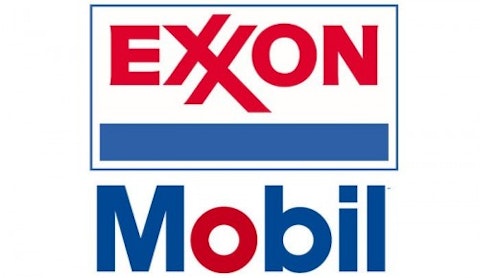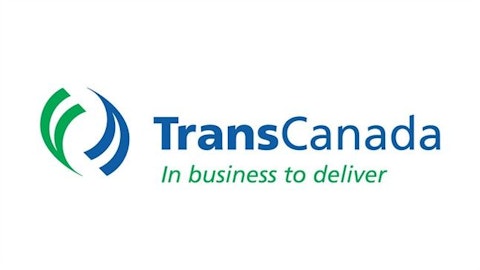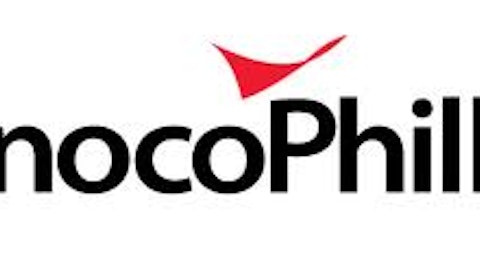The growing production of natural gas in the United States caused prices to drop to less than $4/million Btu. In other parts of the world, prices remain high. In Japan, for example, natural gas sells for roughly $14/million Btu. In the wake of its earthquake/tsunami/Fukushima nuclear disaster, Japan has understandably moved towards natural gas as a utility fuel despite the high cost. In fact, Japan is now the world’s biggest importer of liquefied natural gas, or LNG. Fortunately for Japan, the United States hardly enjoys a monopoly on new natural gas production. Fortunately for investors, there are some ways to profit from this Asian natural gas trade.
A new era for New Guinea?
While Russia and Australia seem logical gas suppliers to Japan given their geography and natural gas reserves, a little country called Papua New Guinea may also grab a piece of the liquefied natural gas export market. Two of the companies engaged in exploration and production of natural gas in this country are Exxon Mobil Corporation (NYSE:XOM) and InterOil Corporation (USA) (NYSE:IOC).
Exxon Mobil Corporation (NYSE:XOM), of course, represents the epitome of Big Oil. Its involvement in Papua New Guinea natural gas centers both in production and LNG exports. The country’s main natural gas pipeline exists courtesy of ExxonMobil. Exxon Mobil Corporation (NYSE:XOM) actively collaborates with other companies like InterOil Corporation (USA) (NYSE:IOC) to ensure the pipeline stays full, but rest assured, Exxon will produce its fair share of gas in Papua New Guinea. The advantage of investing in ExxonMobil rests in its size and safety. Papua New Guinea is home to literally thousands of tribal groups, and some of them have been fighting each other since the beginning of time. Add ongoing friction with illegal immigration from neighboring Indonesia and political stability can hardly be assumed. If political chaos erupts, Exxon Mobil Corporation (NYSE:XOM) may see a hit in its revenues, but will hardly go under. On the other side of the revenue coin, if natural gas exports go well, they won’t make a huge impact either.
For those willing to take some risk, consider InterOil Corporation (USA) (NYSE:IOC). This firm operates natural gas exploration and production, midstream and retail businesses in Papua New Guinea. Unlike Exxon Mobil Corporation (NYSE:XOM), InterOil’s success hinges solely on its Papua New Guinea operations. Right now, production looks very good.InterOil Corporation (USA) (NYSE:IOC)’s proven reserves currently run roughly 9 tcf, and the company’s exploration activities have barely begun. Of interest is a company claim that previous estimates of natural gas reserves may be inaccurate and that based on current finds, Papua New Guinea may hold as much as 26 tcf of natural gas. If modern models prove true, InterOil Corporation (USA) (NYSE:IOC) may be sitting on a gas gold mine. Will political stability in Papua New Guinea allow this natural gas to come to market? So far, so good, but investors should keep a wary eye on this country.
Shipping rather than exploration and production?
A better investment than gas producers may be liquefied natural gas transportation. Ships known as LNG carriers transport liquefied natural gas from producer to customer regardless of who is on either end of the deal. Golar LNG Limited (USA) (NASDAQ:GLNG) owns and operates 13 LNG carriers with 13 more on order for delivery by early 2015. Even better, the company produces profits and pays a 5.5% dividend. For those willing to do the paperwork, there’s Golar LNG Partners LP (NASDAQ:GMLP), a master limited partnership that pays a little over 6% in dividends.
Golar common stock currently trades around its 52-week lows, the stock price brought down by one of its LNG carriers spending more time in drydock than anticipated which, in turn, hurt earnings. Analysts have also downgraded their opinion of the stock. The MLP is doing better having reported particularly favorable earnings last quarter.






